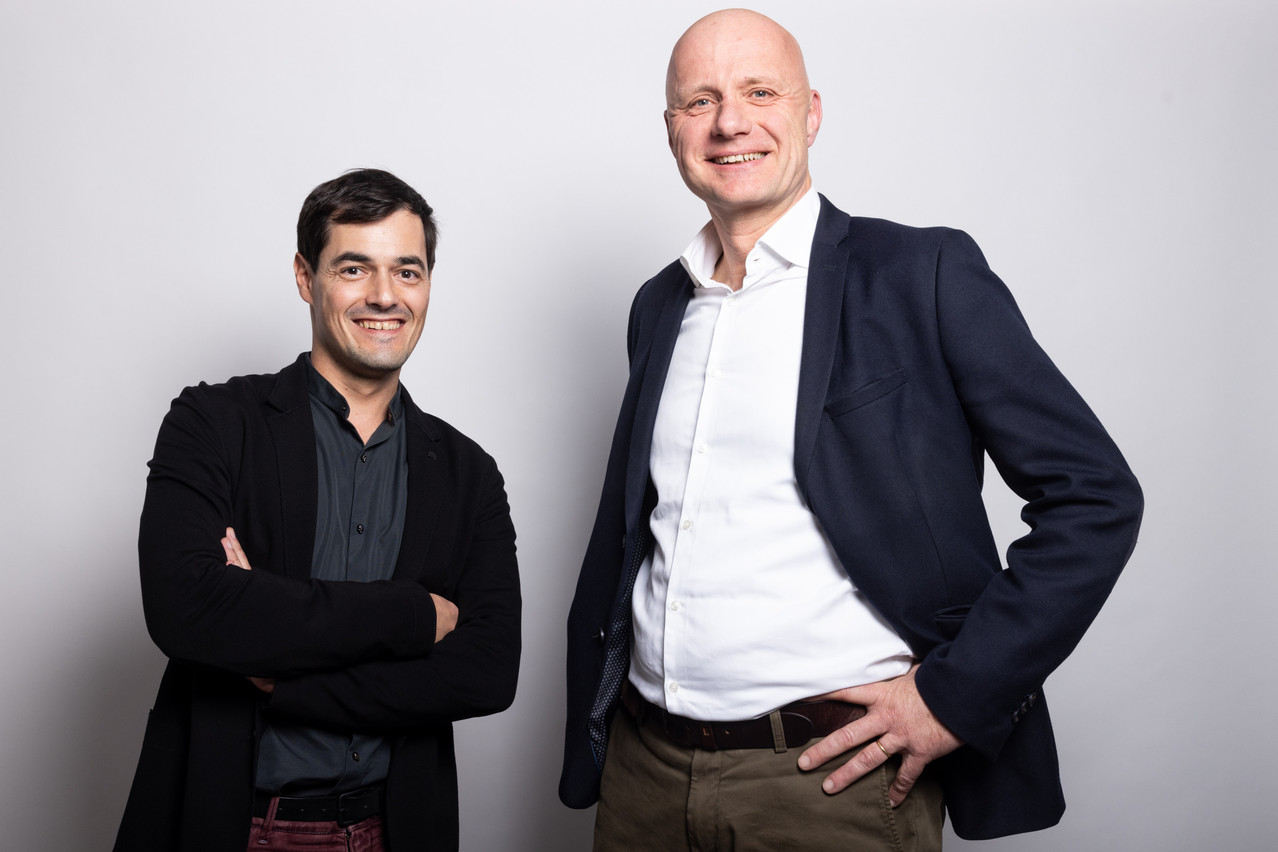Although the amount of the investment is not disclosed, , technical director of Sales-Lentz, confides that "several tens of millions of euros are involved in this project". In partnership with local player Enerdeal - which has been part of the EDP group since 2023 - the company, which claims to have the largest private fleet of vehicles in the country and the Greater Region, is going to install 5,000 solar panels this year.
"We are in the midst of a transition to zero-emission mobility by 2030. This project is part of our drive to reduce our carbon footprint while controlling energy costs in a context of volatile energy prices", Magalo stated. The partnership involves the installation of photovoltaic power plants on roofs, on the ground and on carports. Sales-Lentz had already taken the lead by installing its first photovoltaic park at its Bascharage site in 2004.
700 tonnes of CO2 saved
"These panels are still in very good condition, but technologies have evolved considerably over the last twenty years, and we are going to install more powerful products on four sites, with an annual production capacity of more than 1.6 GWh," said François Neu, director of Enerdeal Luxembourg. "Thanks to innovative solutions, such as storage batteries that conserve the electricity produced during the day, we will be able to recharge our buses at night and take advantage of the periods when electricity is most advantageous in terms of price," added Malago.
Enerdeal specialises in managing large-scale projects, "of the order of 2,000 square metres or more, or around 600 panels. We only do industrial-scale solar photovoltaics, which is our core business", explained Neu. For the project with Sales-Lentz, the 5,000 solar panels will produce energy equivalent to driving an electric car 10m kilometres a year, saving more than 700 tonnes of CO2 emissions a year. The old solar panels will be dismantled and "donated for a good cause", said Neu.

A third of the project with Sales-Lentz is financed by state subsidies, "but that doesn't include the batteries, which we are financing 100%", stated Joe Malago, here on the left, alongside François Neu, director of Enerdeal Luxembourg. Photo: Eva Krins/Maison Moderne
"Our aim is to produce at least 10% of our requirements from green energy. There are, of course, constraints in terms of the amount of land available in the area, and the grid also has to keep up, but we're well on the way to where we want to be," said Malago, who is also the managing director of SL Immo, the property management company of the SLG Group (Sales-Lentz Groupe), which supports Sales-Lentz in the electrification of its various bus depots, maintains the solar installations, and so on.
In addition to its production targets, Sales-Lentz also plans to have a fleet entirely made up of zero-emission vehicles by 2030, "to go beyond the obligations of the Paris Agreement, with more than 10 GWh of energy generated from renewable resources", said Malago. The fleet, which currently comprises 200 electric buses, should exceed 600 within five years.
Leading manufacturers
This is not the first project of this scale that Enerdeal has undertaken in Luxembourg. "We have, for example, built a photovoltaic carport covering more than 500 parking spaces, the largest ever built in Luxembourg, for Ceratizit, with an annual production of 1.3 GWh. We have also installed a photovoltaic solar project covering almost 30,000 square metres of roof space at Guardian Glass's Bascharage site," explained Neu. "We also work in Belgium and Africa, among other countries.
A third of the project with Sales-Lentz is financed by state subsidies, "but that doesn't include the batteries, which we are financing 100%", stated Malago. Either Enerdeal sells its project to the customer, or "we finance it ourselves and lease it to our customer. Each of these methods accounts for 50% of our turnover", added Neu. In the case of the partnership with Sales-Lentz, the Luxembourg family group will finance the project and own the facilities.
ROI of three to four years
And what about the return on such an investment? Neu said: "That necessarily depends on the project and its application, whether it's a plant that consumes energy during the day, or here with the problem of recharging the buses at night. But it is now estimated that a solar project is profitable in 5 to 7 years, without any government subsidy. However, as Luxembourg is lagging behind in terms of development, the country is keen to push ahead with the development of solar energy and encourage people to get involved, so the government is granting various types of subsidy for investment or operation, which can reduce this timeframe to as little as 3 or 4 years, so it's ultra-fast”.
"The subject is even becoming one of the obligatory criteria, even of economic survival for companies, as the cost of energy is becoming a strategic factor today. Electricity in particular, because it's the only energy that can be decarbonised. Companies are starting up to remain competitive, but also to avoid losing some of their customers, because energy efficiency and decarbonisation are part of their specifications", said Neu, who co-founded Enerdeal in 2009.
Read the original French-language version of this news report /
